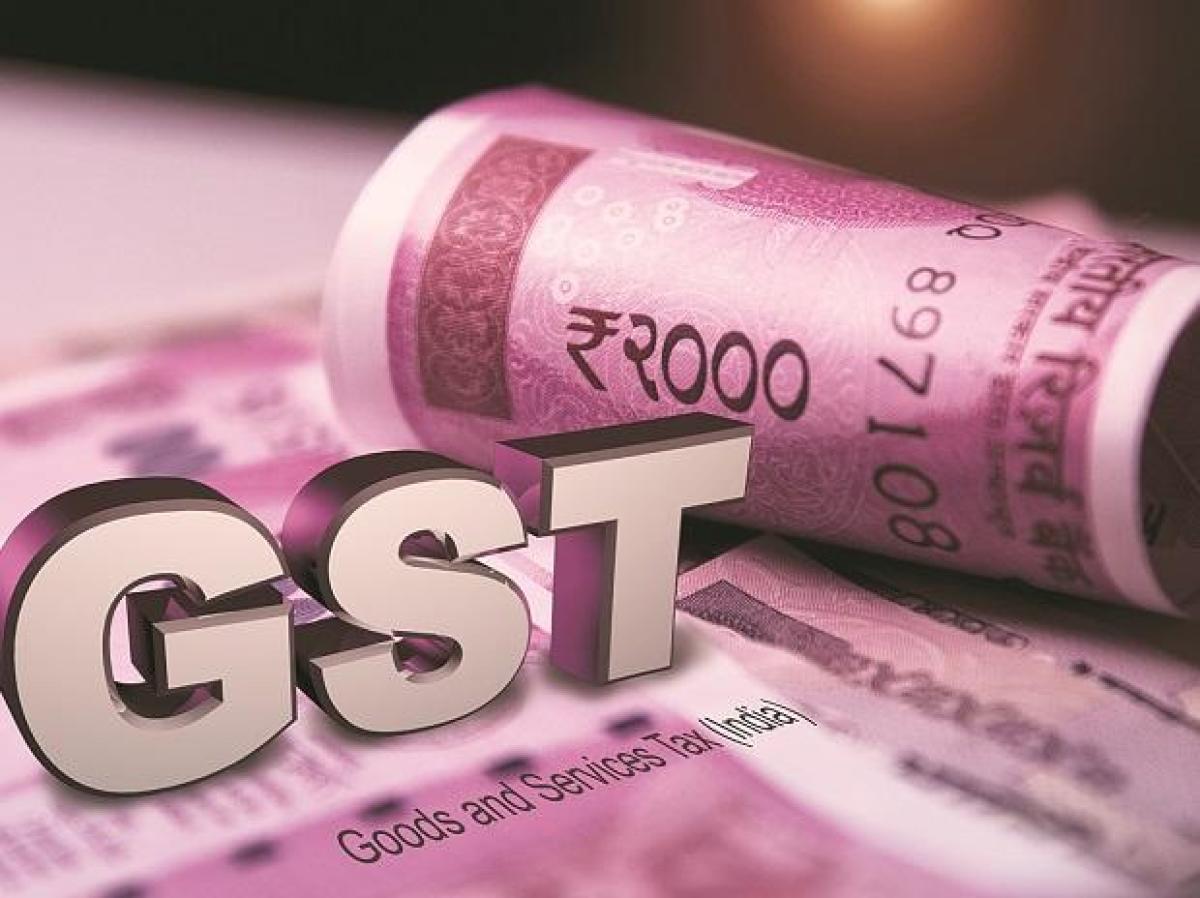A petitioner who files a petition invoking the extra ordinary writ jurisdiction has to come to Court with clean hand: The High Court of Delhi
Section 54(3) the GST Act envisages refund of unutilized input tax credit under only two circumstances viz. zero-rated supplies made without payment of tax and credit accumulated on account of inverted tax structure, however subject to provisions of sub- section 10 of section 54 of CGST Act, 2017. The aforesaid has been relied upon by the Delhi High Court while deciding the case of M/S. Ajanta Industries v Commissioner of Central Goods and Services Tax & Anr [W.P.(C) 6609/2021] which was adjudicated upon by the two-judge bench comprising Justice Manmohan and Justice Navin Chawla on 16 July 2021.
The facts of the case are as follows. Present writ petition has been filed challenging the rejection order dated 04th April 2021 passed by respondent no.2 in RFD-06. Petitioner seeks refund of Rs.2,05,05,890/- for the period of April 2020-May 2020 along with interest thereon in accordance with law. Learned counsel for the petitioner states that the petitioner was unable to discharge its GST liability in the third half of the year 2020-21 due to financial constraints. He states that the petitioner had duly filed all its returns upto April and May 2020 and is entitled to refund within sixty days from the date of filing Form GST-RFD-01 in accordance with Section 54(7) of the Central Goods and Services Tax Act, 2017. He states that as per Rule 90 of Central Goods and Services Tax Rules, it is mandatory to issue the acknowledgement in RFD-02 within fifteen days and if not done, all further proceedings would be without jurisdiction.
On the contrary, various findings elucidate that none of the findings given in the impugned order like premises of the petitioner being found locked during inspection; the partner of the petitioner not responding to the Summons; and L1 & L2 suppliers having issued fake and bogus invoices and passed on fake Input Tax Credit, have been dealt with leave alone challenged.
The court considered the facts and arguments presented and was of the opinion that “In commercial/appellate jurisdiction, a Court may have to grant relief if all the ingredients of a statutory provision are satisfied. But this is not so in a writ jurisdiction where relief may be denied to a petitioner on the ground that he has not approached the Court with clean hands, even when he satisfies all the ingredients of a statutory provision.” Hence it declared that “this Court is of the view that it would not be appropriate to entertain the present writ petition. Moreover, as the impugned order is an appealable order, present writ petition is dismissed, with liberty to the petitioner to avail the appellate remedy in accordance with law. Needless to say, that the appeal shall be decided on its own merit without being influenced by any observation made by this Court.”

